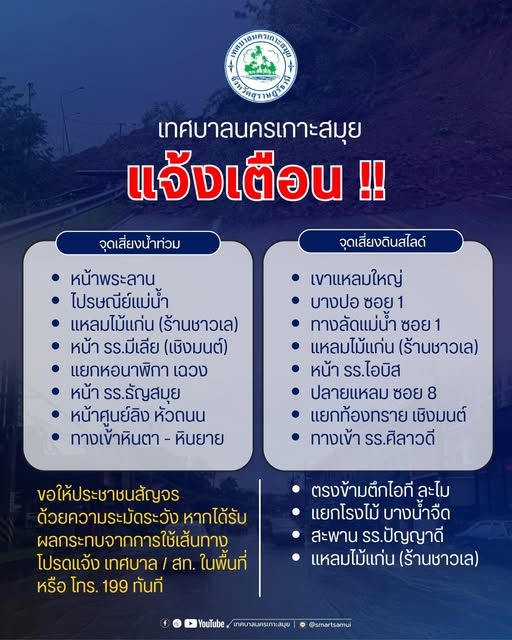The Impact on the Economy
Out-of-court settlements have significantly benefited the economy since the law facilitating them took effect on May 23, 2019. According to the government, a total of 53,030 civil and 353 criminal cases have been settled without court involvement. This approach has saved people about 6.88 billion baht in court fees for civil cases, while out-of-court settlements in criminal cases have saved the state up to 27 billion baht.
Fiscal Year 2022: A Successful Year for Out-of-Court Settlements
In the 2022 fiscal year alone (from Oct 1, 2021, to Sept 30, 2022), 44,735 out of 45,958 dispute cases, worth a total of 6.46 billion baht, were resolved through negotiations. These out-of-court settlements saved approximately 5.8 billion baht in related costs.
Types of Debts Included in Settlements
The debts settled out of court included outstanding debts owed to the Student Loan Fund, car hire purchases, credit cards, and personal loans. These settlements have played a crucial role in addressing the rising household debt problem in the country.
Household Debts: A Growing Concern
The Bank of Thailand (BoT) reports that household debts in the first quarter of the year increased by 766 billion baht, resulting in a total household debt of 15.96 trillion baht, or 90.6% of GDP. The Bank for International Settlements warns that a household debt rate of 80% of GDP is considered dangerous to the economy.
Challenges for the New Government
The high household debt problem is likely to become even more challenging for the new government, as some parties look to implement populist policies. The majority of household debts are loans for vehicle and home purchases. The BoT states that around 60% of debtors owe debts of more than 100,000 baht, while 14% have debts of about 1 million baht.
The Quality of Household Debts
The quality of household debts is rated as “not very good,” with two-thirds of them resulting from spending on tourism and unnecessary goods, including electronic gadgets. The BoT attributes this to the low personal savings rate in recent years, particularly during the Covid-19 pandemic. Household debts have not decreased, in part because of various debt-repayment suspensions offered to debtors to mitigate the economic impact of the pandemic.
Rising Number of Debtors
The BoT reports that the number of debtors increased from 30% of the population in 2017 to 37% last year. About 30% of debtors failed to repay their personal loans or credit card debts. On average, these individuals had more than four credit card accounts, with a combined credit limit of 10-25 times their monthly salaries. This is much higher than the 5-12 times allowed under the international standard for offering credit lines.




